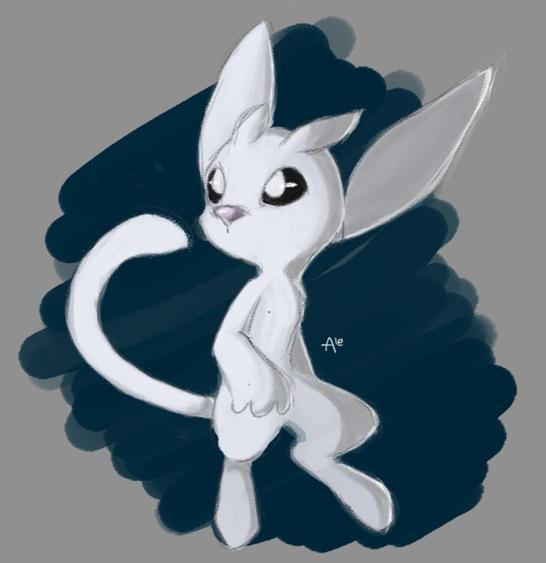The theory presented is much like a physisist trying to determine the smallest field suitable for a given number of cows, who begins his solution with "First, we assume a spherical cow..."
Make it a cubical cow, that would be the ideal to get as many cows in a field as possible... they might not be able to turn anymore, but to hell with that! Why don't we put multiple layers of tightly packed cows into that field....
"What do you say? They are there to eat grass to actually produce milk? There is not enough grass anyway for even a single layer of tightly packed cows? .... well that is not MY concern, I am only here to improve the packing density of cows in the field."
I would go one step above what Ravyne said and would actually say that even IF we could reach that level of optimization one day, the output of such an optimized process would be questionable.
Would it still be innovative and fresh enough to have any market value? Would it just be copy-pasta elevated to a new level of genericness?
With all creative processes there is a fine line between productivity and churning out generic crap. Of course not every work you do can be the greatest work of art of the century, else no game would ever be finished. At the same time, if you just take a generic human model and put generic clothes on it, you just created a generic character.... without any memorizability, nothing to set it apart from all the other generic characters out there... a character without, erh... character.
That is why I am quite ambivalent to all the cool productivity improving tools out there, worst of all character creator tools. Are they a great help to boost an artists productivity? Hell yes. Do they eliminate the need for manual tuning of the result and creativity? Hell no, else all assets churned out from these tools look the same.
You can use a texturing tool like DDO or a character creator like Fuse to create high quality content quicker by giving you a head start where it doesn't count (character body, dirt and grime for the texture), so you can spend more time where it does count (Characters face and clothing, bigger details on the texture).
These things are still tools that needs to be mastered, and are not replacements for missing skill.
In the end, the goal cannot be to churn out the most generic content in the least amount of time. The goal must be to reduce the time needed to create the 80% of the content that is generic anyway while still spending the full time on the 20% that count.








